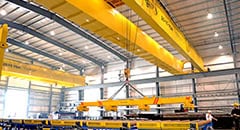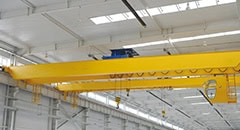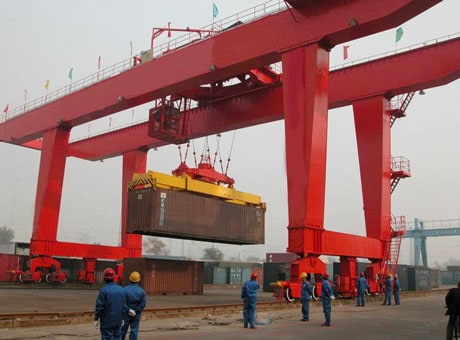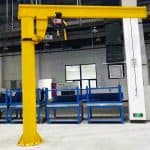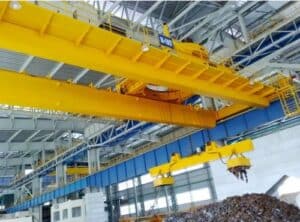The working intensity of the SEVENCRANE mobile jib crane with lifting equipment is light. The main structure of this type of jib crane is composed of a column, a slewing arm rotation drive device and an electric hoist. The lower end of the column is installed on a movable pedestal foundation, and a cycloidal pinwheel reduction device drives the cantilever rotation. The electric hoist moves left and right in a straight line on the cantilevered I-beam and lifts heavy objects. The crane’s cantilever is a hollow steel structure with light weight, large span, large lifting capacity, economy and durability. The built-in traveling mechanism adopts special engineering plastic running wheels with rolling bearings, which have low friction and brisk walking; the small structural size is especially helpful for increasing the hook stroke.
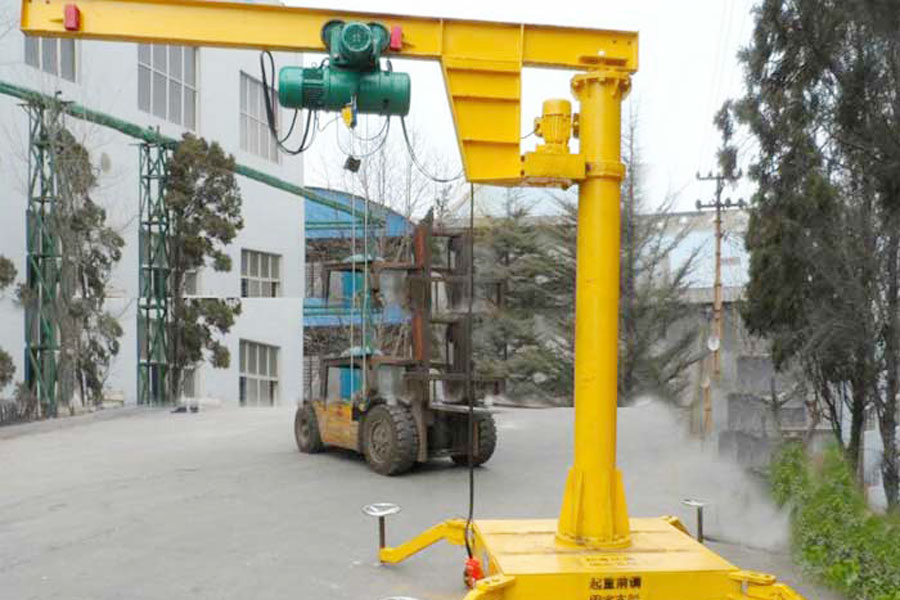
Mobile jib cranes can help you shorten production preparation and non-productive work time, and reduce unnecessary waiting. SEVENCRANE mobile jib cranes have many specifications and varieties. No matter what requirements you have for lifting weight, suspension angle, arm length and function, all specifications have a common advantage: light weight, long cantilever and large lifting capacity, easy to install, operate and maintain. Completely self-contained, the 360 degree mobile jib crane is an ideal workplace crane and suitable for outdoor use in goods yards and loading docks.
The maximum lifting height can be obtained even when the lifting clearance is very small. The freestanding mobile jib crane is a new generation of light lifting equipment made to adapt to modern production. It is equipped with the highly reliable JPK type electric chain hoist. It is especially suitable for short-distance, frequent use, and intensive lifting operations. It is efficient, energy-saving, and It saves trouble, occupies a small area, and is easy to operate and maintain. The mobile cantilever crane is more flexible and adaptable. It is an essential independent emergency hoisting equipment for efficient automatic production lines. It can ensure the smooth flow of the production line. The curved arm series cantilever crane has the characteristics of novel structure, free extension and bending, flexible operation, high efficiency and energy saving. During operation, press the electric button to lift the load, and use the bending and suspension motion of the beam to avoid objects in the controlled working area to maximize the working area. You can reach any position in the working area by gently pushing and pulling with your hands.
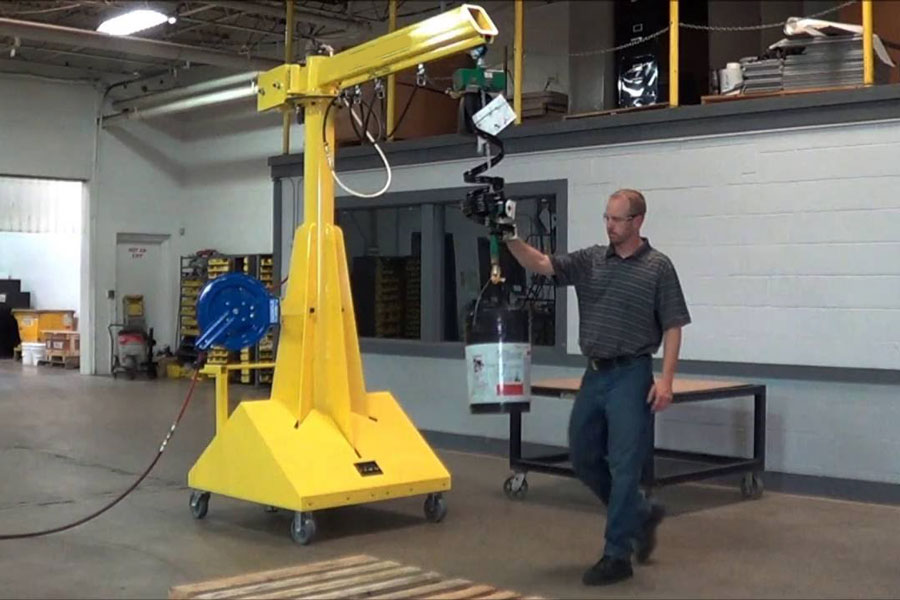
When in use, the factory direct sale mobile jib crane is positioned near the load to be lifted. The jib arm is rotated into the desired position, and the hoist is used to lift the load off the ground. The crane’s mobility allows it to be positioned for optimum lifting and maneuverability in different locations. The crane’s cantilever is a hollow steel structure with light weight, large span, large lifting capacity, economical and durable. It can rotate briskly under the hoisting load. The lifting jib and traveling mechanism can be driven manually and electrically to move. Safe and accurate positioning. The built-in traveling mechanism adopts guide rail pulley device with low friction and brisk walking. The suspension controls a 270-degree angle and can be used with chain hoists, linear balancers, and VPL spreaders. The surface can be galvanized or painted. According to the different running tracks, the column-type cantilever crane can be divided into two types: internal-mounted track cantilever crane and external-mounted track cantilever crane. When used in conjunction with the PK-type electric chain hoist, it can be lifted quickly and agilely at the workplace. materials. The column-type cantilever crane can be installed in any position and is suitable for use in various situations. It is the most ideal choice for factories where other conveying tools cannot be fixed structurally.

